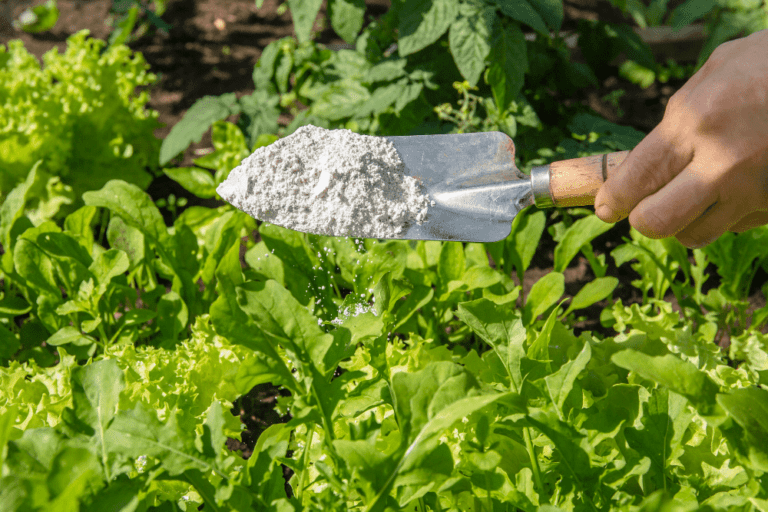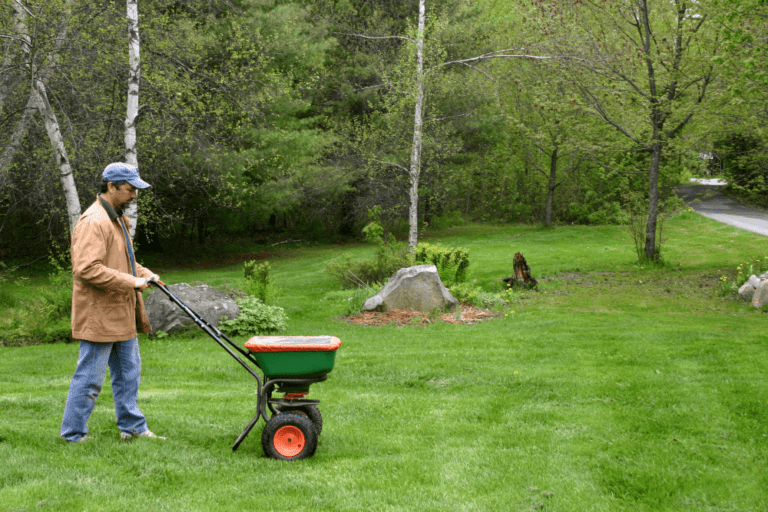Tracking Down the Best Grass Seed for New Jersey
Our recommendation for the best grass seed for NJ is Jonathan Green Sod Maker Kentucky Blue Grass Seed Mix. If there is one thing you need to know when choosing grass seed for your lawn, it’s that all grass seeds are not the same. Some grasses do better in different parts of the country. If you want more options for NJ grass seeds, be sure to check out our other favorites in the following list.
Our Picks for the Best Grass Seed for NJ
[wptb id="8293" not found ]What You Need to Know
Certain types of grass seed are better suited to different areas. Your choice depends on several factors, including the use that your lawn gets. For example, a yard that gets a lot of traffic will do better with a grass that can handle these demands such as fescue. Local conditions also influence your choice. Consider the amount of sun and shade your yard receives as well.
Hardiness Zone
Other things you need to know include the hardiness zone for your area. This measure tells you the minimum temperature extreme for your region. Some grasses can’t survive in places where the temperatures dip too far below freezing. The hardiness zones for New Jersey range from 6a to 7b. That means a minimum temperature range from -10 to 10 degrees Fahrenheit.
As you can see, it is a relatively broad range. Generally speaking, northern and interior portions of New Jersey fall into either the 6a or 6b zones. Southern and coastal areas are in transitional zones and are part of the 7a and 7b zones. You can use the USDA Plant Hardiness Zone tool to further hone in on your conditions by zip code.
Cool-Season and Warm-Season Grasses
Grasses are broadly categorized into either cool or warm-season grasses. As a general rule of thumb, cool-season grasses do better in zones north of 7. These grasses, as the name suggests, can handle the extreme cold temperatures found in these regions. They include several fine-textured varieties like Kentucky bluegrass, perennial ryegrass, and bent grass.
Warm-season grasses thrive in more southerly places. Unlike cool-season grasses, these varieties go dormant in the winter and go brown rather than staying green. They also have a coarser texture. Varieties include tropical-sounding ones like Bermuda grass and St. Augustine grass. You can probably see now why knowing your area’s hardiness zone is necessary.
You can plant cool-season grasses directly from seeds. Or you can lay down sod of these grasses if you want to establish your lawn as quick as possible. Warm-season grasses, on the other hand, are better suited as sod or plugs rather than growing from seed. And while cool-season grasses often come in mixtures, warm-season grasses tend to be a single type.
Best Grasses for New Jersey
Because of the fact that large swaths of the state are in hardiness zone 7, cool-season grasses are a smart choice. The lower extreme temperatures don’t pose the same threat to these varieties as they do warm-season grasses. They offer a safe option if you’re not sure what you should pick.
However, you have some flexibility if you live in zone 6. Warm-season grasses may survive in these warmer conditions. If you live in these transitional areas, you should use the hardiness zone zip code calculator to determine if these choices are open to you. Your cooperative extension could offer some advice about the right grasses for your region.
This informative video from the University of Wyoming Extension walks you through the process of planting grass seed whether you’re starting from scratch or patching an existing lawn.
Pros and Cons of a Seed Mixture versus a Single Grass
When you shop for grass seed, you’ll likely see products that include a single grass species or a mixture of a few types. Each one has its advantages and disadvantages that vary with the type and local conditions. Differences exist from both aesthetic and lawn health perspectives. Give both of them consideration when choosing grass seed for your yard.
Pros
Seed mixtures offer some distinct advantages over a single variety. When you plant a few different kinds of grasses, you are, in essence, practicing a form of integrated pest management. This eco-friendly practice can keep your lawn healthy and intact if a disease or pest invades your space. The reason lies with the varying environmental requirements and hardiness.
A pest can wipe out an entire lawn of a single variety of grass. A mixture, on the other hand, gives your yard a fighting chance with varieties that have a range of vulnerabilities. Often, a pest is host-specific, meaning it prefers one species over another. A mixture of grass species increases the chances that some grasses will survive because they are resistant.
Another advantage comes from the different life cycles of grass varieties. A quick-growing grass like annual ryegrass can get established quickly and help prevent erosion, so the other grasses in your mixture have a chance to germinate and grow. The different growth patterns can, therefore, make it easier for your lawn to get established in a shorter amount of time.
Cons
While seed mixtures offer several benefits, there are some tradeoffs that may make you reconsider going this route. The cons are primarily aesthetic but may affect your choice if you have certain needs. It’s essential to consider these conditions if it could impact the health of your lawn.
On the downside, planting a mix of grasses will not give your lawn the uniform look that it would have had you stuck with a single type. That could also be an important consideration if you are trying to match your grass with a particular use or specific conditions like a yard with full sun. In these cases, you might prefer a single type of grass.
Our Recommendation: Jonathan Green Sod Maker Kentucky Blue Grass Seed Mix
Local factors are certainly the trump card when it comes to choosing grass seed for your yard. Seed mixtures have a lot going for them that can make them an excellent choice for most situations. When it came down to it, we also placed a high value on a lawn with a uniform appearance. Fortunately, we didn’t have to sacrifice aesthetics for a healthy lawn.
Jonathan Green Sod Maker Kentucky Blue Grass Seed Mix offers the best of both worlds. It includes a blend of four different varieties of Kentucky bluegrass which provides the consistent look we want along with a cool-season grass that is suited for northern climes. Even though it contains just bluegrass, a mix of varieties offers the advantages of using a blend of grasses.
The ideal grass for your lawn is hardy and needs minimal maintenance. If you choose a variety suited for your climate, you are well on your way to establishing a lush, healthy lawn. New Jersey is part of the transitional zone on the East Coast. Cool-season grasses like perennial ryegrass and fine fescues offer excellent choices that can handle the state’s cold winters.




